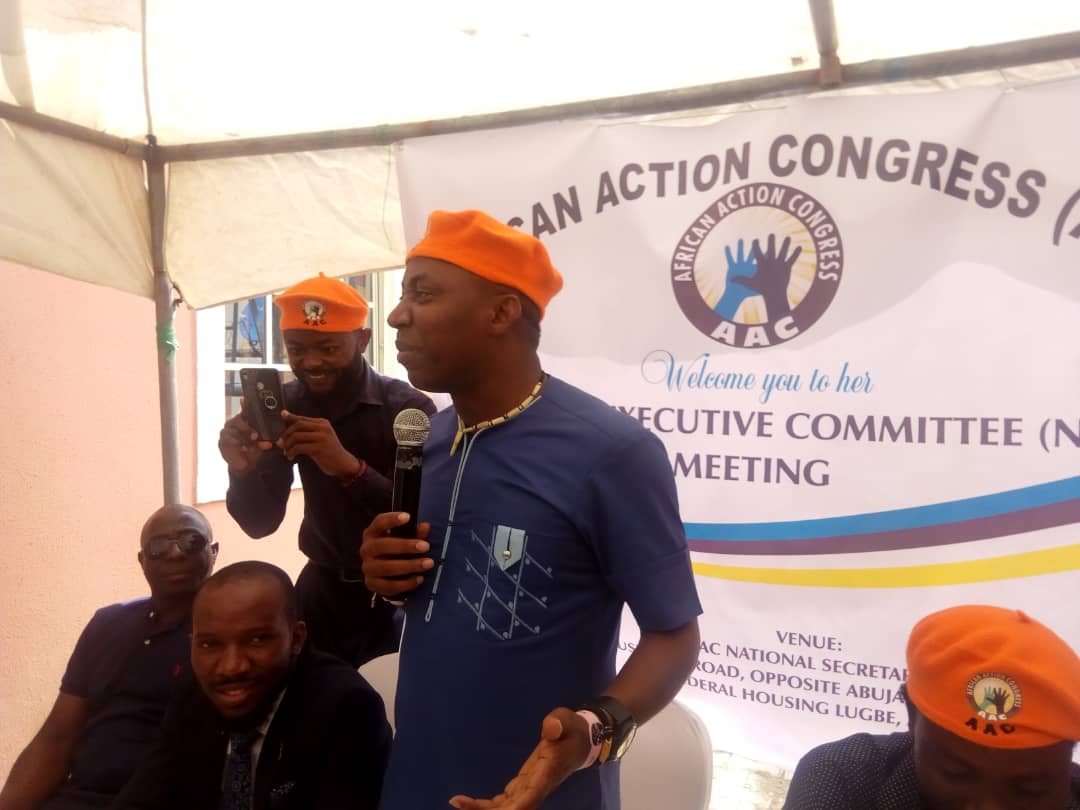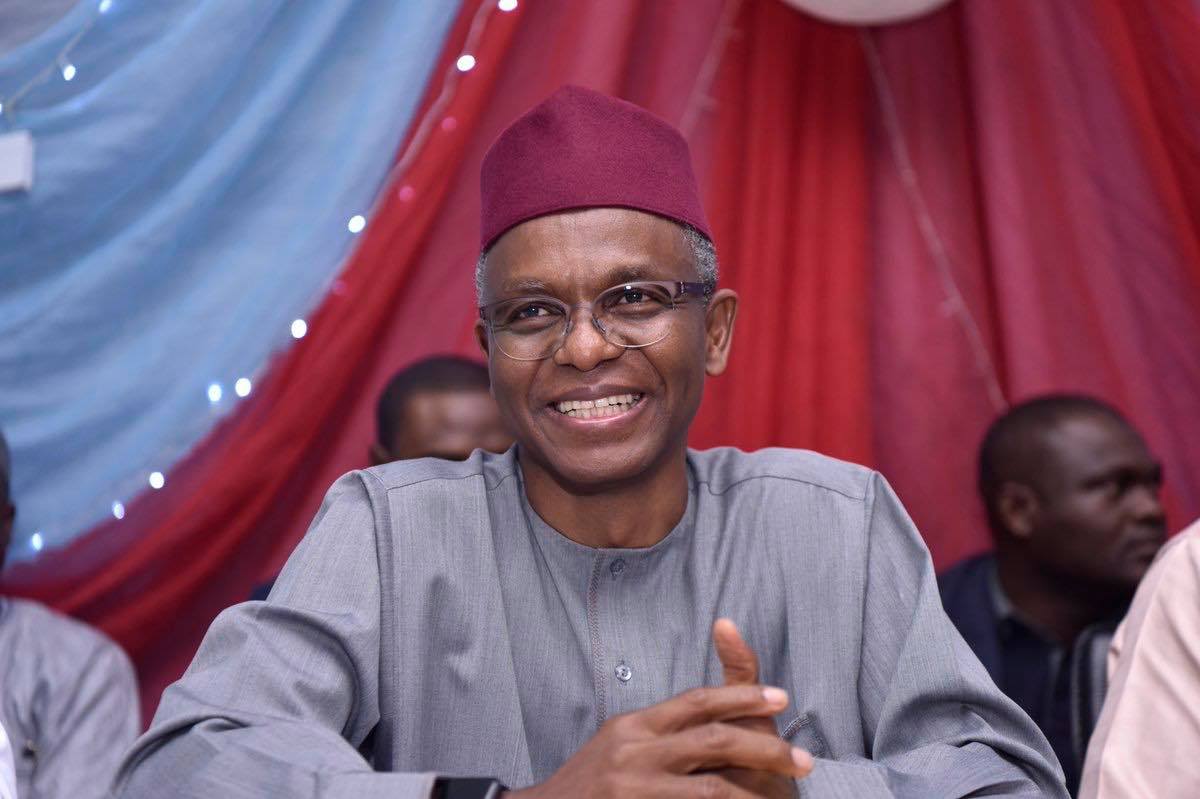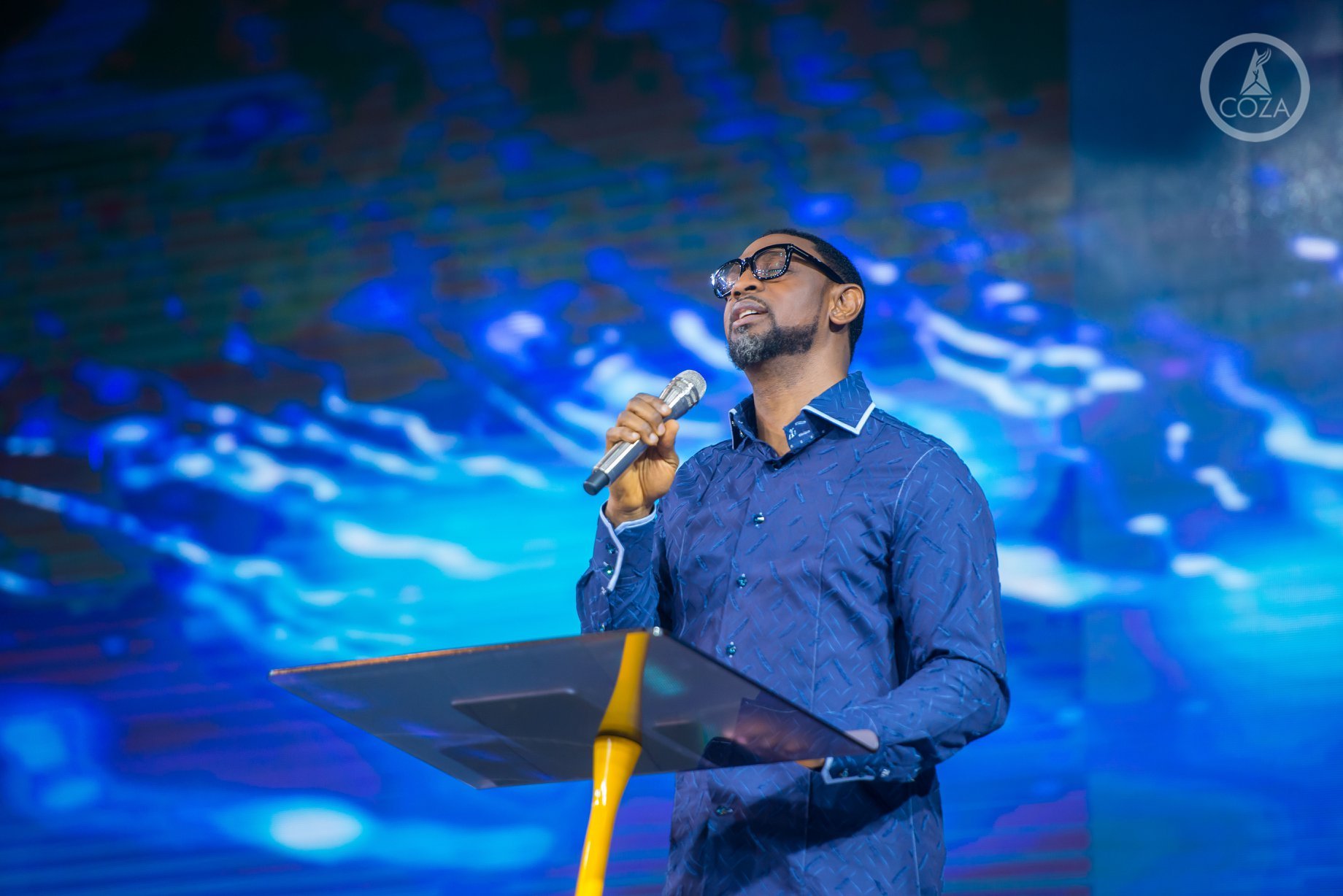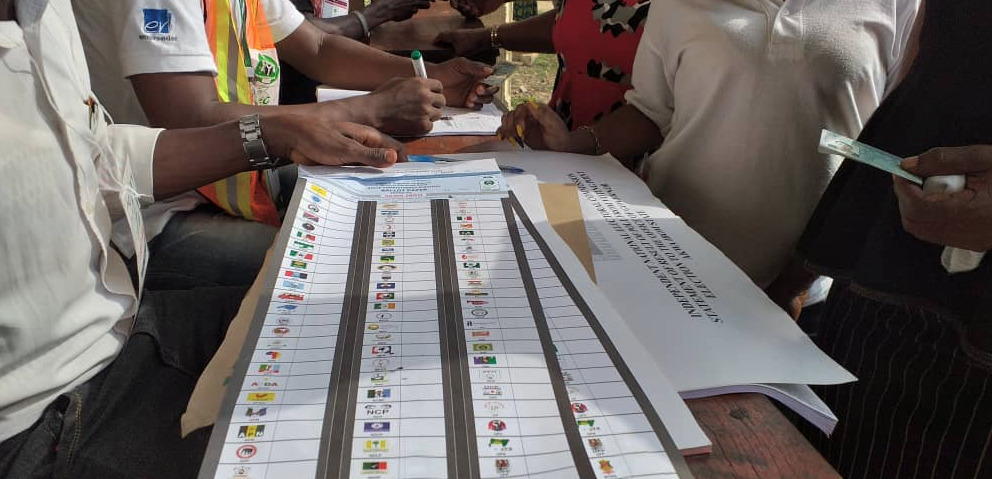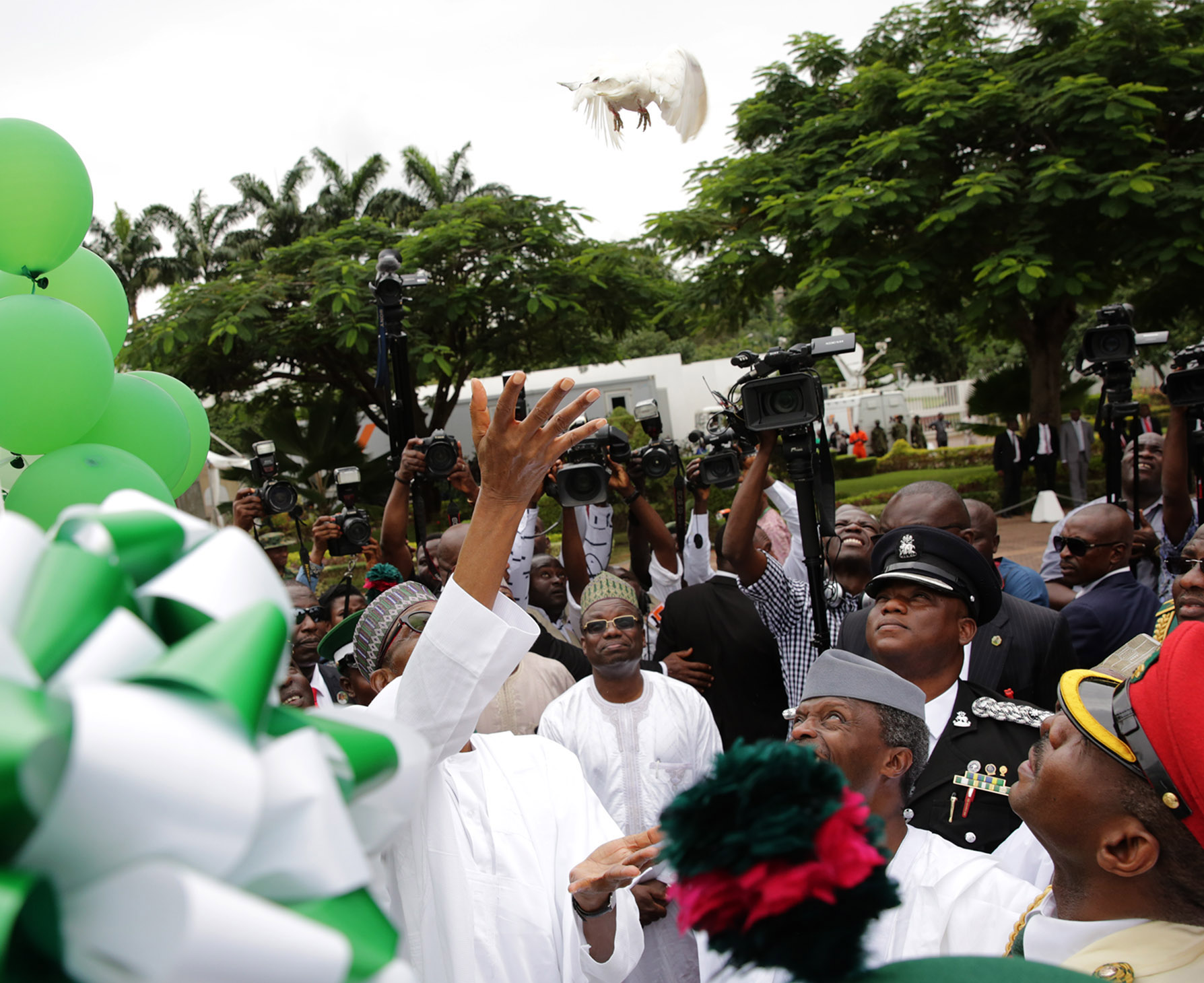BY AHMED SULE
If one wants to understand why Nigeria finds itself in dire straits, one need look no further than the reaction to the arrest of Omoyele Sowore by Nigeria’s Department of Security Services (DSS). To recap, Sowore called for a nationwide day of rage protest to take place on 5 August 2019 to dramatise the Nigerian masses anger against anti-people economic policies and special privileges granted to the ruling class. An online campaign to raise awareness was effected on social media with the hashtag #RevolutionNow. In mobilising the masses, Sowore wrote, “All that is needed for a #Revolution is for the oppressed to choose a date they desire for liberty, not subjected to the approval of the oppressor. #RevolutionNow #DaysofRage # August 5.”
On 3 August 2019, Sowore was arrested and later charged for committing treasonable felony, cybercrime offences and money laundering. In response to the charges levelled against Sowore, Wole Soyinka, the Nobel laureate said the government “Has indeed attained an unprecedented level of paranoia” over the “improbable” charges that include “insulting” President Muhammadu Buhari.” An Abuja Court ordered Sowore to be released on bail, however, as at the time of writing, he is still held by the government. As a result of his arrest, Sowore joins an illustrious list of journalists and activists such as Fela Anikulapo-Kuti, Tunde Thompson, Nduka Irabor, Folu Olamiti and Beko Ransome-Kuti who have been arrested for speaking truth to power in a Buhari led government.
Sowore wears many hats. Besides being a human rights activist, he is also a journalist, anti-corruption crusader, lecturer, former student’s union leader and a former presidential aspirant. In 2006, he founded Sahara Reporters, an online media house “That focuses on promoting citizen journalism by encouraging everyday people to report stories about corruption, human rights abuses and other political misconduct in Nigeria.”
Advertisement
The reaction to Sowore’s detention has been mixed. Several activists and human rights organisations within and outside Nigeria have been emphatic in their condemnation of Sowore’s treatment. Moments after Sowore’s arrest, the hashtag #FreeSoworeNow was trending on Twitter. Amnesty International called for his release while Femi Falana said, “A protest or a rally is not a terrorist act.” In general, the public’s reaction towards his arrest has ranged from apathy to support for the government’s action.
Those that justify Sowore’s detention cite several reasons. Some argue that he is a power-drunk sore loser. The argument holds that he had the ambition to be president of Nigeria, hence why he ran for presidency under the banner of the African Action Congress (AAC). After securing a miserly 33,953 votes, he decided to carry out a revolution to overthrow the current government. Others suggest that to publicly call for a revolution against an elected government is a treasonable offence. They argue, he should have used the word protest instead of revolution. Another school of thought advocates that he wants fame by all means and is willing to plunge the country into violence in order to achieve his selfish ambition. Those who were not in support of his vying for the president believe that if he gets into power (whether by the ballot or the bullet) he will divert the country’s resources into his pocket. Sowore’s meeting with Nnamdi Kanu, leader of Indigenous People of Biafra (IPOB) is another reason why some are calling for his head. I have even heard “Soworephobes” mouth pious irrelevancies and sanctimonious trivialities about him not being a real Yoruba but an Ijaw.
So, what can one deduce from the vitriol directed at Sowore? It tells us that we are not ready for change. We Nigerians are good at moaning about the directionless direction our leaders are directing us to , yet we are adjusted to the status quo. Despite having the largest economy in Africa, the richest man in Africa and one of the richest black women in the world, we are the poverty capital of the world. The gulf between the haves and the have nots is increasing exponentially. Nigeria has become a giant Ponzi scheme where the elites at the top of the pyramid appropriate the spoils and those at the bottom end up in the doghouse. Those in the middle represented by the so-called middle class enjoy some trickle-down from the top, despise those at the bottom and fantasies of one day reaching the summit to share the spoils with the elites even though they are one or two paycheques away from poverty. We don’t want immediate change because our benefactors, our political party or our tribesman or woman are in power. So, when someone comes along and advocates radical change, in the words of Chinua Achebe, we are no longer at ease.
Advertisement
The Sowore affair also reveals that for want of a better word, we suffer from Stockholm syndrome, which is a condition where an individual has a psychological alliance with his/her oppressor. Malcolm X touched on the issue of Stockholm syndrome in his message to the Grassroots speech where he analysed the case of the black slave who loved the master more than the master loved himself and identified with his master more than his master identified with himself despite being held in captivity. Martin Luther King also addressed the condition when he cited a conversation he had with a white prison warden while in prison for agitating better conditions for blacks. During the conversation, the prison warden was defending white supremacy and the oppression of black people. King then asked the warden how much he was paid and when he learnt how low the salary was, he told him that instead of defending the status quo, he ought to be protesting along with blacks. We are like the black slave and white prison warden mentioned above as we love those who oppress us and hate those who try to free us from our bondage. We genuflect at the altar of wealth and power. We don’t see anything wrong in one man having a combined wealth of over 9 million Nigerians. Should it be any surprise that as we approach the third decade of the 21st century, 200 million of us are still suffering and smiling?
Sowore’s treatment also tells us something about the Nigerian intelligentsia and social media influencers. When Sowore called his #RevolutionNow programme some intellectuals were dismissive of it while others made snide remarks. One intellectual questioned whether a revolution could be successful when it is announced in advance. Another listed a roll call of failed revolutions and noted that a number of revolutionaries in Africa morphed into dictators. Shortly after Sowore was arrested, the so-called intellectuals and influencers perhaps sensing that they were on the wrong side of history began to sing a different tune by calling for Sowore’s release albeit with caveats. A social commentator remarked that rather than the DSS charging Sowore, a state police officer could have done it instead on the grounds of a misdemeanour for defacing public property. One influencer who has hundreds of thousands of social media followers suggested that the government was overacting because there would have been no revolution as traders are students were not aware. He recommended that a stern warning would have been sufficient.
In contrast to the 20th-century Nigerian intelligentsia who fought for the interest of the oppressed, the 21st-century variant prostitutes itself with the ruling class, serve as praise singers for the oligarchs and belly warmers for the political establishment. Because these influencers identify more with the classes than the masses, one should understand their apathy towards any form of revolution.
One reason why people are opposed to Sowore is they have focused on the hashtag #RevolutionNow and ignored the message behind the hashtag. They have defined revolution as the violent overthrow of an elected government. Sowore called for the revolution because the social contract between the government and the people has broken down since 1960. If his detractors had taken time to study the manifesto, they would have realised that he was advocating for a better Nigeria that provides equal opportunity for all. It is a movement of “Protest by the oppressed masses of Nigeria against the suffering and poverty imposed on them by the incompetent and irresponsible Nigerian ruling class that has misgoverned and despoiled the people of this country since 1960.” The movement calls for a number of radical policies such as the abolition of tuition fees in public schools, release of political prisoners, payment of outstanding salaries to pensioners, an end to the use of police and military officers as security guards for the ruling class, the return of looted funds to the public, ending the influence of money in politics and banning public officers in elective positions from educating their children and seeking healthcare in foreign countries.
Advertisement
If as some say that Sowore should be jailed for calling for a revolution, then turning this logic on its head, does it mean that Martin Luther King deserved to be in jail for saying, “Unless we as a nation join the revolution and go back to the revolutionary spirit that characterized the birth of our nation, I am afraid that we will be relegated to a second-class power in the world with no real moral voice to speak to the conscience of humanity” ? Does it mean Bola Tinubu should have been jailed for advocating a “Revolution that calls forth a return to decency, probity, transparency of process and fairness in outcome.” Does it mean Malcolm X should be charged for treason for saying, “We must launch a cultural revolution to unbrainwash an entire people”? Does it mean Kwame Nkrumah was fake, “Revolutions are brought about by men, by men who think as men of action and act as men of thought”? Does it mean we should mock Fred Hampton, “You can kill a revolutionary, but you cannot kill a revolution” or Pope Francis, “A Christian who is not a revolutionary today isn’t a Christian”? Does it mean we should dismiss Victor Hugo, “When dictatorship is a fact, revolution becomes a right”? Does it mean I should be jailed for calling for a revolution at the Financial Times?
Another thing one can learn is that we sometimes suffer from historical amnesia. Those who question Sowore’s motive argue he is a rabble-rouser who wants to wreck our democracy. If we had studied our history, we would have realised that Sowore played a key role in ending military rule and ushering the Fourth Republic. As a student union leader, he was a major player in agitating for the actualisation of M. K.O Abiola’s June 12 mandate after the military junta annulled the election. When those holding key positions in this government were relaxing at home during the nationwide protests following the election annulment, Sowore was in the trenches leading thousands of students to protest against Abacha’s government. Several of the protesters were killed when the police opened fire and he was arrested. He also led a protest in 1989 against IMF loan conditions, which included a provision to drastically reduce the number of universities in Nigeria by 82%.
This historical amnesia is compounded by the fact that for the past decade, history was not a stand-alone component in the school curriculum. It wasn’t until June 2019 that the Federal government legislated that history should be included as a stand-alone subject in September 2019. Marcus Garvey once said, “A people without the knowledge of their history, origin and culture is like a tree without roots.” With this deprivation of our history is it any surprise we are becoming more Western and individualistic in our orientation.
If we had studied our history, we would have realised that Sowore is continuing the work of the previous generation of activists like Fela Kuti, Gani Fawehinmi and Ken Saro-Wiwa. Jesus Christ in castigating the Pharisees said, “For you build the tombs of the prophets and decorate the monuments of the righteous, saying, ‘If we had lived in the days of our fathers, we would not have taken part with them in shedding the blood of the prophets.’ Thus, you witness against yourselves that you are sons of those who murdered the prophets.” Oh fellow Nigerians, who has bewitched us? We build museums for Fela, organise ‘Felabration’, listen to Fela’s music, decorate the flowers at Gani Fawehinmi’s Freedom Park, name streets after Ken Saro-Wiwa and say if we were around when these people were trying to revolutionise Nigeria we would have rallied behind them and not taken part in shedding their blood. Yet we witness against ourselves that we are sons and daughters of those who murdered these activists.
Advertisement
Those who question Sowore’s motive for nursing presidential ambitions with African Action Congress (AAC) have failed to check the history book to learn about Fela Kuti’s political party called Movement of the People; that Gani Fawehinmi was the presidential candidate for the National Conscience Party and Wole Soyinka launched a political party named The Democratic Front for a People’s Federation.
Sowore like all of us is not a saint. He has his faults, but this shouldn’t be a justification for his imprisonment. He is in prison because he’s on the side of justice. In his essay Civil Disobedience, Henry Thoreau, the philosopher wrote, “Under a government which imprisons unjustly, the true place for a just man is also a prison.” One day we will wake up and realise our true heroes are neither those oligarchs who use their monopoly status to get richer nor those ultra-rich rent-seeking philanthropists who give a tiny percentage of the proceeds to showcase their generosity on social media while ignoring the “Circumstances of economic injustice, which make philanthropy necessary”. Those Nigerians who are caged for trying to make the country a better place for our children and us are the true heroes and should be celebrated.
Advertisement
For my detractors who might accuse me of being unpatriotic I leave them with two things to reflect on – first, if it is unpatriotic to condemn the government’s unjust clampdown on those advocating for a better Nigeria, then I will gladly accept the label; second, to paraphrase James Baldwin, I love Nigeria more than any other country in the world, and, exactly for this reason, I insist on the right to criticise her perpetually.
Sule can be reached via [email protected]. He tweets@Alatenumo
Advertisement
Views expressed by contributors are strictly personal and not of TheCable.
Add a comment
